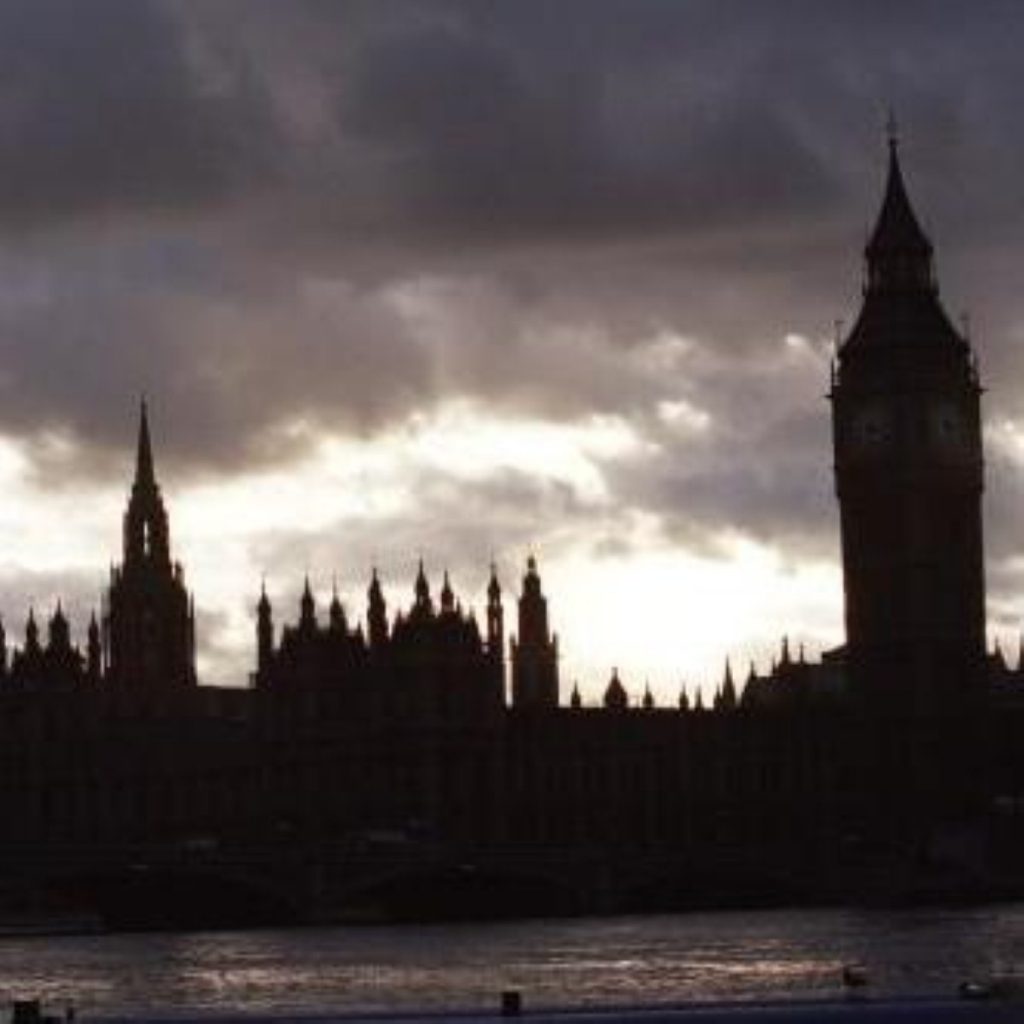Lords reform bill published
A new cross-party attempt to reform the House of Lords has begun with the publication of a draft Lords reform bill.
Though the issue of House of Lords reform is in the long grass as far as the Government is concerned, a group of MPs is determined to prove that a cross-party consensus is possible.
Most of the hereditary peers were removed from the Lords in 1999, though 92 stayed on and kept their voting rights. Following this, reform of the Lords has stalled with MPs and peers failing to agree on any of a series of seven options in 2003.
But, a new group of MPs is determined to push the issue up the agenda once more. They are proposing a 70 per cent elected House of Lords, with a third elected at each general election by proportional representation.


The group contains some political heavyweights including former Chancellor Ken Clarke, former Leader of the Commons Robin Cook and former Liberal Democrat chief whip Paul Tyler.
The Second Chamber of Parliament Bill covers in detail how members of the second chamber would be elected, how they would be paid and transitional arrangements from the current system.
Peter Facey, of the Elect the Lords campaign, said that the new proposals were very welcome.
Mr Facey said: “This is an important contribution to the debate. Despite the fact that a clear majority of MPs and the public want a predominantly elected second chamber, it is often argued that there is no clear consensus on what precisely that reform should be. The fact that a cross-party group of such senior MPs has been able to agree such a detailed set of proposals clearly indicates otherwise.
“We believe this draft bill is detailed enough to form the basis of closer parliamentary scrutiny. In lieu of any other such clear proposals, the Government must permit that to happen.”

